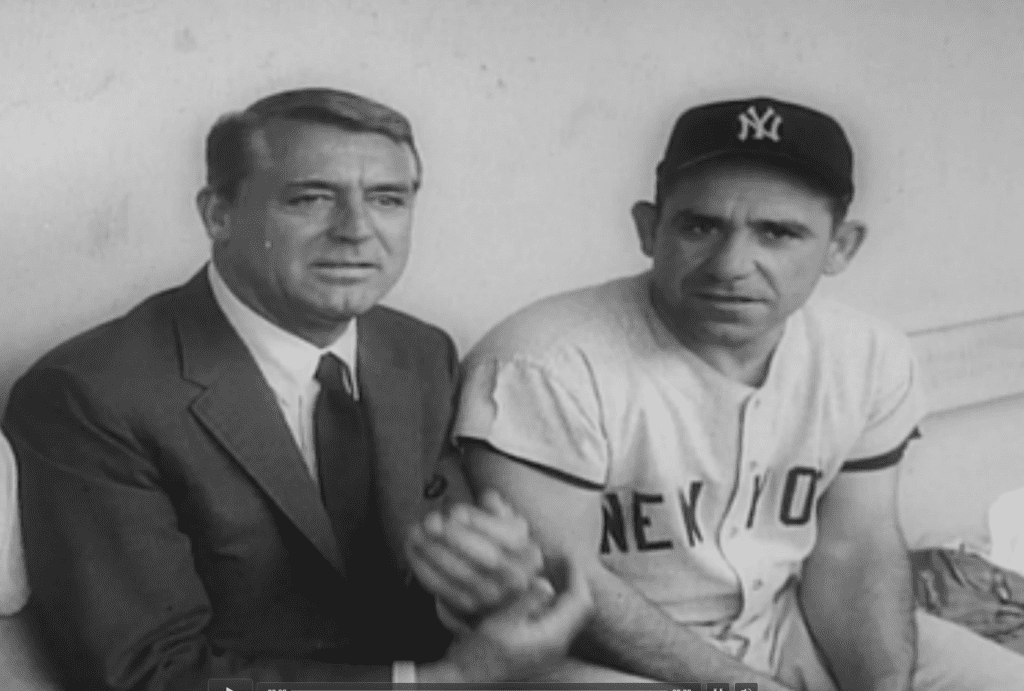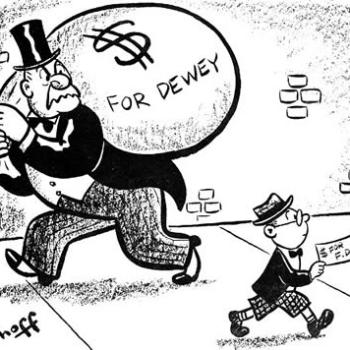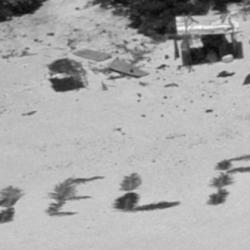I’ll go with this one first: “Love is the most important thing in the world, but baseball is pretty good, too.”
Hall of Fame catcher Lawrence Peter “Yogi” Berra died Tuesday at the age of 90 and today millions of us are saddened. And smiling. We have to smile because thinking about Yogi, or talking about him, tends to make people smile. Quoting him always does.

You can read those quotes everywhere today — and just try doing so without smiling. As his childhood friend Joe Garagiola said, Yogi “put words together in ways nobody else would ever do.” They weren’t misstatements or malapropisms — if he used the wrong word, he somehow managed to turn it into the right one, producing an almanac’s worth of skewed koans:
• “Always go to other people’s funerals; otherwise they won’t go to yours.”
• “If the world were perfect, it wouldn’t be.”
• “If you don’t know where you’re going, you might not get there.”
• “Nobody goes there anymore. It’s too crowded.”
• “You can observe a lot by watching.”
• “It ain’t over ’til it’s over.”
Of course, “I really didn’t say everything I said,” Berra explained, “Then again, I might have said ’em, you never know.”
Those are all funny, but they’re not wrong. Yogi Berra was, among other things, a wise man — one of the smartest to ever don the tools of ignorance.
He was also a spectacularly good baseball player — one of the greatest all-around catchers to ever play the game, a three-time American League MVP, and a vital piece of a New York Yankees dynasty that held a near monopoly on World Series championships.
Yes, he was a … Yankee — for all but one year as a player. But, like Casey Stengel, he finished his career across town, with the Mets, later returning to manage that team to an improbable World Series run that came within a game of bringing my favorite team its second championship. And so, like Casey Stengel, Yogi is one of those rare figures who was completely beloved by the entire city.
He didn’t look like a Yankee. Yankees look like DiMaggio or Jeter — handsome and regal in their pinstripes, princes of the city who glitter as they walk. Berra was 5-foot-7, a fire hydrant with broad shoulders, broader ears, and an even broader grin. (“I looked like this when I was young, and I still do.”) He had what movies from his time liked to call an “ugly mug,” but it was an appealing mug, and a contagious smile. It was a great face. He earned that face.
Oh, and he was also a World War II veteran — a Navy gunner’s mate on board the USS Bayfield during the invasion of Normandy on D-Day two years after his first season in professional baseball, during which he once drove in 23 runs in a double-header for the Norfolk Tars.
And then there’s this. Yogi Berra was born in 1925 and he was a lifelong Catholic. (He met Pope John XXIII during a trip to Italy. “Hello, Yogi,” the pope said. And he replied, “Hello, Pope.”) But in his later years, Yogi leant his voice and the platform of his Yogi Berra Museum & Learning Center to promote greater respect and opportunity for LGBT athletes. It might seem surprising that someone of his age and religion would take such a step when so many others from his tradition and his generation seem frightened or bewildered by such changes. But it wasn’t at all surprising when that someone was Yogi Berra. That was just Yogi being Yogi.
So today I’m sad. But I’m still smiling.
















